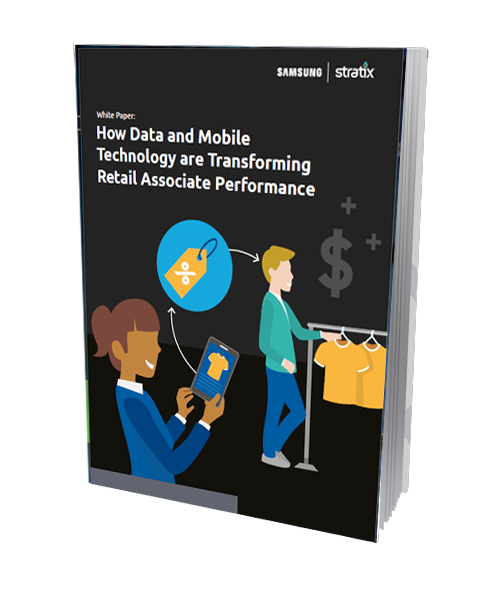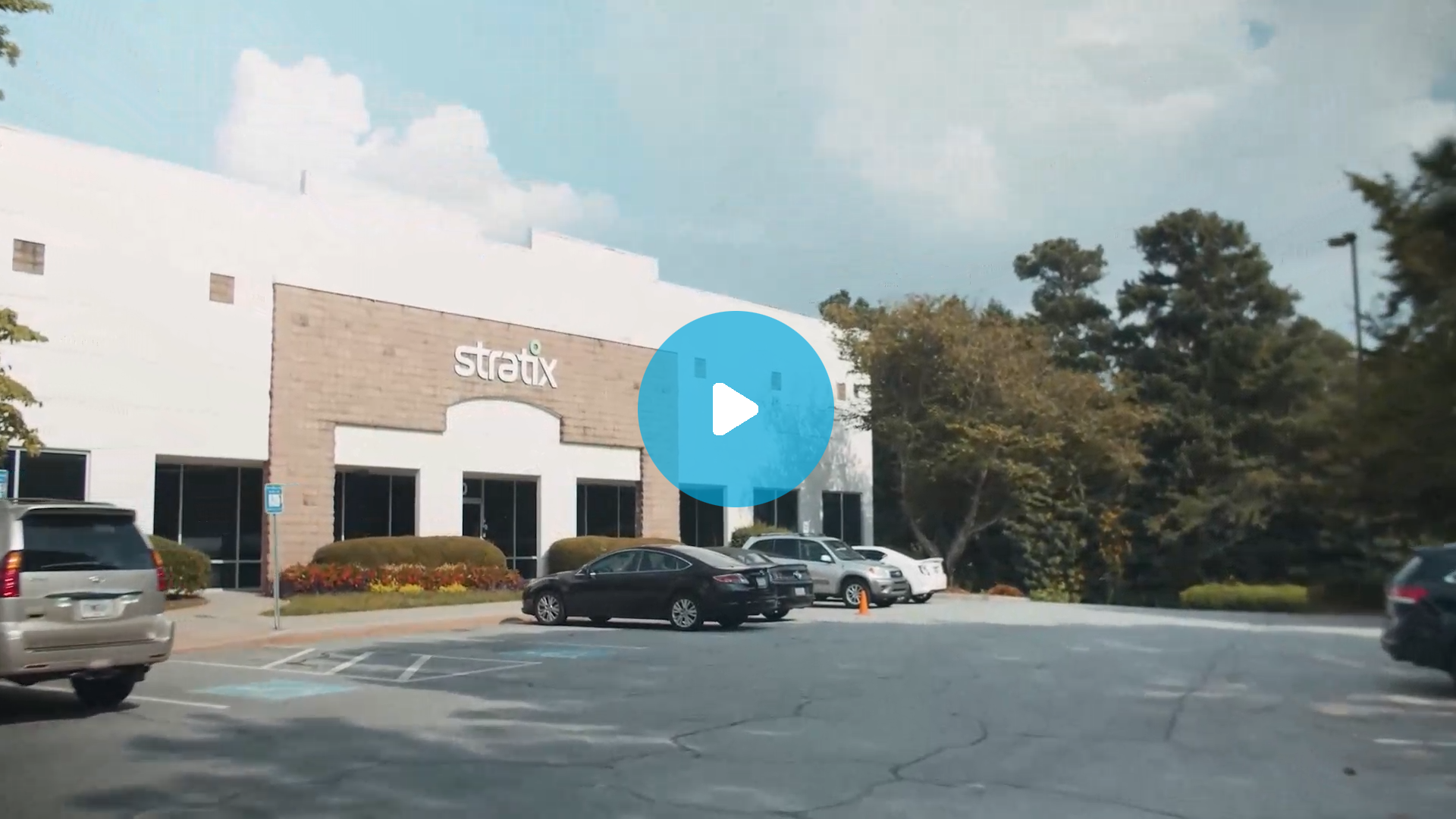A well-prepared, well-trained associate can tap into their tech arsenal to provide innovative, exceptional customer service that attracts and retains customers. And with the rapid growth of online, delivery and buy-online-pickup-in-store channels, it is critical that the associate add significant value when customers do choose to shop in-store.
According to RSR, “The question about whether the employee is essential or superfluous to the next-generation store is also settled — employees are essential. Average and underperforming retailers aren’t thinking about how vital the role of a knowledgeable in-store associate is. It’s almost beyond comprehension.”
Defining Retail’s Technology Future
With the right resources at their fingertips, associates can be more helpful and knowledgeable, with the experience being as satisfying for them as it is for customers. In turn, satisfied workers stay in their jobs longer, which is also associated with better performance.
A well-thought-out approach follows these steps:
1. Start with the customer. A major advantage of stores over digital channels is the availability of real people who can personalize the experience and help consumers find what they are looking for. But retailers have not been taking advantage: CapGemini found that 64 percent of consumers consider lack of in-store associate guidance/demos a top frustration, while 88 percent told TimeTrade they are somewhat or extremely likely to make a purchase when helped by a knowledgeable associate. Retailers must make sure they understand what customers want when they visit their stores and shape their store transformation projects around enabling customers to quickly find and purchase what they need.
2. Redefine the store experience. Transforming clerks into salespeople represents a sharp pivot for some retailers, especially low touch/high volume brands. These retailers need to reorient to a more service-centric culture. Many are also leveraging automation such as self-checkout and robotic replenishment for a contactless experience, freeing labor for selling activities. RSR’s report found 65% of “winners” vs. 38% of all others say there will be more selling activity in stores over the next two years. (RSR defines winners as those retailers posting year-over-year sales gains of more than 5 percent across comparable stores and channels.)
3. Provide the right data and software. Understanding the needs that customers not only bring to stores, but also take with them once they have left the store, helps define what associate-facing data and applications they should prioritize. In-store assisted selling and beyond-store clienteling rely on this understanding. RSR found more than half of retailers, particularly winners, see value in:
- Mobile POS (mPOS)
- In-store, real-time, cross channel customer order visibility
- In-store, real-time, cross channel customer inventory visibility
- Employee-facing mobile-based store alerts
Retailers are increasingly leveraging the cloud, along with robust networking, to ensure associates with mobile devices can access this data without latency or disruption. This ensures associates are accessing the most accurate, up-to-date info when they check another store’s inventory or find a customer’s online activity so they can build on it in the store.
4. Select the right tools. In the fast pace of daily store life, associates embrace solutions that work and ignore those that don’t. That’s why it’s key to identify mobile devices that are fit for the end user, intuitive and easy to learn and use, such as Samsung smartphones and tablets running Android. It’s also important that the device be enterprise-ready: secure, easy to manage and support, and backed by a provider with extensive expertise in retail use cases.
5. Incorporate in retail sales training. Hand-in-hand with acquiring intuitive devices is training associates to use them to deliver the greatest in-store and beyond-store experiences. How and when should they approach shoppers? What’s the best way to share product content on the screen with the customer at a safe distance, or manage payment? When should they engage in beyond-store clienteling and what form should this take? Sales is a different skill than working with stock or processing a transaction, so retailers need to recruit and train for it.
Retailers are using a variety of training tools to help associates adopt the behaviors that add the most value to the customer encounter, including classroom style, video and on-demand training shorts available on mobile devices
6. Support for retail associates. Finally, for associates to deliver the best customer experience, they need to have well-maintained devices. Therefore, the retailer must consider the entire end-user experience, and that includes where they turn for support when they have a device issue or need repair if it is dropped or malfunctioning. This is even more critical in the case of shared devices, which are the predominant distribution mode in retail.
Retailers should consider partnering with a mobile expert that can provide that mobile support 24x7x365 with well trained and certified experts.
The Associate Mobile Payoff
Leveraging the vast, untapped potential that lies in store associates is paying off for those who have taken a careful, well-considered approach. IHL reports 77 percent higher sales growth for retailers providing mobile sales tools for staff and 92 percent higher for those providing mPOS. By putting the customer at the center of the decision-making, retailers can unlock their best resource: the empowered store associates that make shopping personal, engaging and successful for consumers.
To find out more about how you can empower your retail associates with mobile devices and data, download our free white paper, “Transforming Retail Associate Performance“.

Transforming Retail Associate Performance
In the six-foot economy, mobile and data are revolutionizing the store floor. Get tips for optimizing your mobile ecosystem including automating and streamlining back-office tasks with mobile.
Get White Paper








